
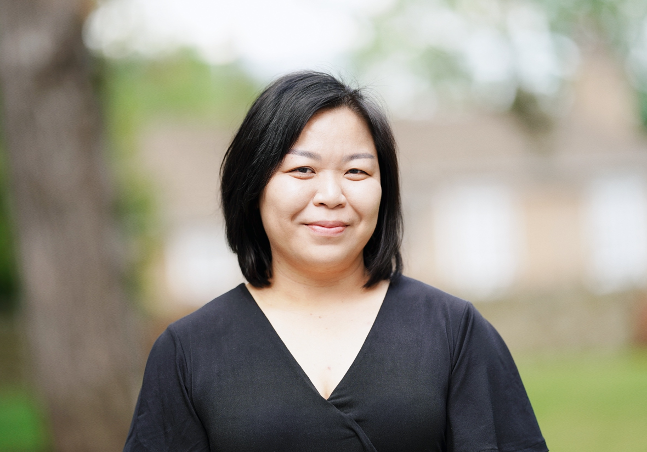 |
|
Napat Khirikoekkong Napat is a Senior Social Science Researcher and Engagement Facilitator with the Bioethics and Engagement Department, Mahidol Oxford Medicine Research Unit (MORU) in Bangkok, Thailand Originally from Mae Sot, on the Thai-Myanmar border, and Karen herself, Napat worked in the humanitarian field for United Nations High Commissioner for Refugees (UNHCR) for 8 years, prior to joining MORU as a social science researcher. At MORU, Napat has led on a number of projects which focus on the challenges for marginalized communities along the Thai-Myanmar border including: the Resilience, Empowerment and Advocacy in Women's and Children's Health Research’ (REACH) study; Tak Community Advisory Board (T-CAB) – enabling the marginalized population within the Thai-Burmese border region to raise issues of concern, the Thai-Myanmar Young Person’s Advisory Group (Y-PAG) - which seeks to provide a platform for dialogue between young people and researchers; and more recently the Melioidosis Vaccines Attitudes to Vaccines (MeVa) - exploring attitudes toward vaccines in general, melioidosis vaccine, and the perception of the community toward participation in clinical trials. She joins the CONNECT advisory group bringing experience with community health workers and marginalized communities. |

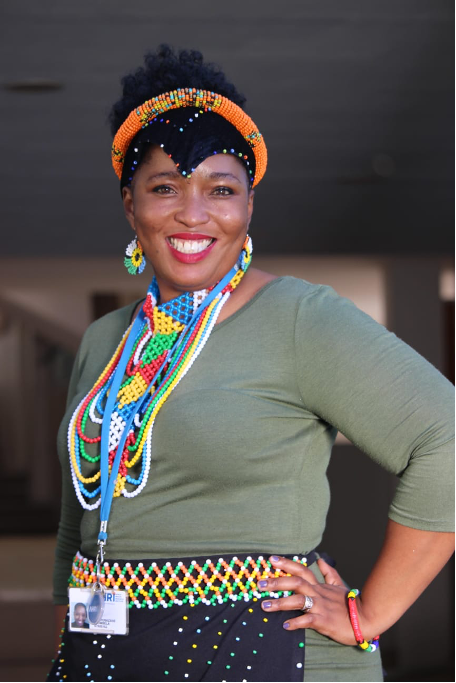 |
|
Makhosazane Promise Ntombela (‘Makhosi’) Born in KwaZulu Natal, South Africa, Makhosi has worked as Community Liaison Officer at the Africa Health Research Institute, South Africa since 2015. She is determined and enthusiastic to ensuring that the relationship between the organization and the community is sustained. Makhosi holds an Honors Degree in Social Work (University of South Africa), a Postgraduate Diploma in HIV and AIDS Management (Stellenbosch University), and is currently doing a master's in HIV and AIDS Management at Stellenbosch University. Her research interests involve working on public engagement strategies, community mobilization, raising awareness, and other health issues under Public Engagement. Her research question focuses on ‘Young people's perceptions about participating in HIV edutainment in KwaZulu Natal, uMkhanyakude district’. Ethics, accountability, and responsibility are crucial elements when you are a community worker, particularly in the community. |

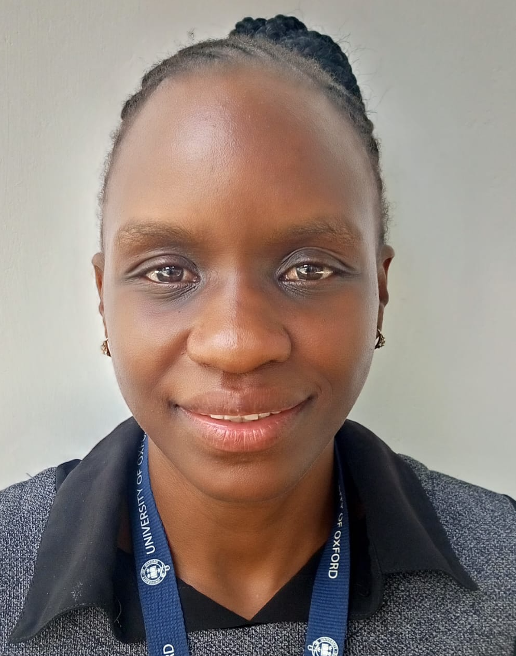 |
|
Betty Kanze Yeri Betty is Programme Field Staff Training Coordinator and a Research Scientist at the Kenya Medical Research Institute (KEMRI) Centre for Geographic Medicine Research and Wellcome Trust Research Programme (KWTRP). She is responsible for leading and coordinating capacity building for fieldworkers and other interphase research staff on Communication for research and Informed Consent processes. This is aimed at building capacity of field staff towards conducting their work ethically and enhancing mutual understanding and trust among the communities participating in and hosting research projects. Betty leads the planning and conduct of basic and refresher trainings for these staff, focusing the training on building understanding of KEMRI (the organization); medical research and medical research ethics; and, interpersonal communication and consenting. Betty’s passion to communicate scientific language in a simplified manner drives her towards engaging policy makers, to enhance uptake of the many research findings and utilization of the broad wealth of knowledge generated through health research. She is also committed to ensuring that Field workers who are an important part of research, are well supported, motivated, and recognized in a way that enables them to carry out their duties in an ethical manner. |

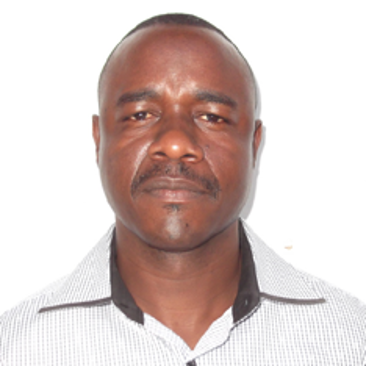 |
|
Francis Kombe Francis is a public health and community engagement practitioner and bioethicist, with a passion in research integrity. He has a wealth of experience working in international health research institutions, where he has held various leadership positions. Kombe holds a Master of Social Sciences (MSocSc - research ethics) from the University of KwaZulu-Natal (UKZN), South Africa; Master of Public Health (MPH) and Postgraduate Diploma in Public Health (PGDPH) from London School of Hygiene and Tropical Medicine-UK (LSHTM), and is currently pursuing a Wellcome Trust funded PhD in Bioethics at UKZN. Frances is currently Chief Executive Officer of EthiXPERT, South Africa (https://www.ethixpert.org.za/ceo). Before joining EthiXPERT, Kombe worked as a training coordinator at the KWTRP where he was involved in the strategic development and planning for health research fieldworkers. He has published widely in the field of community engagement, frontline staff, research integrity, fair study benefits and informed consent, among others. |

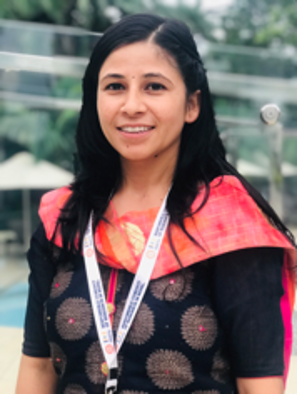 |
|
Pratibha Oli Pratibha has been working as a Public Engagement Officer at the Oxford University Clinical Research Unit (OUCRU) Nepal since September 2021. She holds a bachelor's degree in public health from Pokhara University and a master's in public health from the Institute of Medicine, Tribhuwan University Nepal. Pratibha worked in a malnutrition program in Humla, Nepal prior to commencing her current role as public engagement officer. Her current public engagement responsibilities relate to research on typhoid fever and the typhoid vaccine and involve mothers' groups and key community stakeholders. She also monitors and provides supervision of community health volunteers who are engaged in the typhoid vaccine study. Pratibha’s research focus area and interests lie in public and community engagement, mental health and public health. |

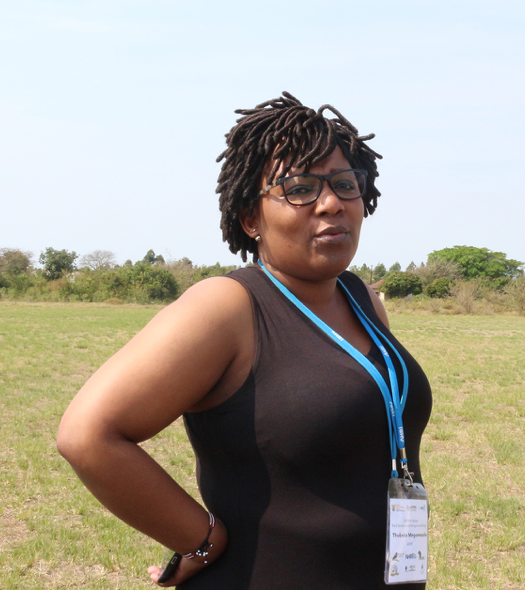 |
|
Thobeka N. Mngomezulu Thobeka has 19 years of experience in data collection or fieldwork in Mtubatuba, South Africa, having started initially at the at Africa Centre (now Africa Research Institute - AHRI) as a Fieldworker. Since then, she has worked in a variety of positions within the organisation including as Fieldwork Supervisor - supervising fieldworkers, Senior Tracker - leading the Field activities for Trackers, and Special Task Coordinator - responsible for the day-to day coordination of field-based data collection for the Population Intervention Programme (PIP). Since 2017, Thobeka has been the Population Intervention Programme (PIP) Study Coordinator and is responsible the day-to-day management of data collection and data processing for the Population Intervention Programme (PIP), which includes the training and supervision of field workers and data collectors. Thobeka holds a Diploma in Management; Certificates in HIV Counselling and Testing, Project Management, as well as research and management related areas. She joins the CONNECT advisory group bring valuable frontline experience of research in the field and issues of key relevance to filed workers in South Africa. |